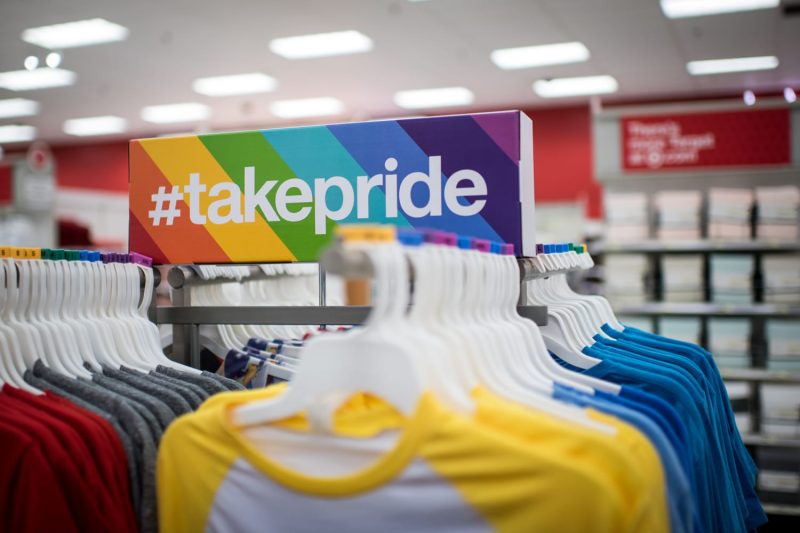In recent years, the concept of wokeness has been at the forefront of social and political debates, stirring up controversy and division across various sectors of society. From the realm of activism to corporate boardrooms, the term has evolved into a powerful descriptor that elicits strong reactions from both supporters and critics alike.
What began as a term rooted in African American vernacular to describe an awareness of social injustices has since expanded to encompass a broader spectrum of issues, including gender equality, LGBTQ+ rights, environmental activism, and more. As the push for social justice gained momentum, so too did the backlash against it, leading to what is now commonly referred to as the war on woke.
One notable example of this backlash can be seen in the trajectory of the Corporate Equality Index (CEI), an annual survey conducted by the Human Rights Campaign (HRC) that rates companies on their LGBTQ+ inclusive policies and practices. Initially launched in 2002 to push for workplace equality and acceptance, the CEI quickly gained traction and became a benchmark for companies looking to showcase their commitment to diversity and inclusion.
Many large corporations, eager to appeal to progressive consumers and attract top talent, embraced the CEI and proudly advertised their high scores as a testament to their support for LGBTQ+ rights. Brands such as Apple, Google, and Coca-Cola flaunted their perfect scores, leveraging the CEI as a marketing tool to bolster their reputations and attract socially conscious consumers.
However, as the tide began to turn and the war on woke gained momentum, the CEI found itself caught in the crossfire. Conservative critics, emboldened by the rise of right-wing populism and the backlash against progressive social movements, took aim at the CEI and labeled it as a tool of woke activism and political correctness run amok.
Accusations of corporate virtue signaling and wokeness began to swirl around the CEI, with critics arguing that the index had strayed from its original mission of promoting workplace equality and had instead become a vehicle for advancing a leftist agenda. Some conservative voices went as far as to call for a boycott of companies that participated in the CEI, accusing them of prioritizing political correctness over business success.
Amidst this contentious backdrop, the CEI faced a reckoning as companies found themselves navigating increasingly polarized political terrain. The once-unquestioned support for LGBTQ+ rights and diversity initiatives was now met with scrutiny and pushback from vocal conservative critics who saw these efforts as a threat to their values and beliefs.
As the war on woke rages on, the future of the CEI and similar diversity and inclusion initiatives remains uncertain. Will companies continue to prioritize social justice and progressive values in the face of growing opposition, or will they heed the calls of the conservative backlash and reevaluate their commitments to diversity and inclusion?
The battle lines have been drawn, and the war on woke shows no signs of abating. As companies grapple with the shifting landscape of social activism and political polarization, the fate of initiatives like the CEI hangs in the balance, caught in the crossfire of a cultural clash that shows no signs of resolution.
